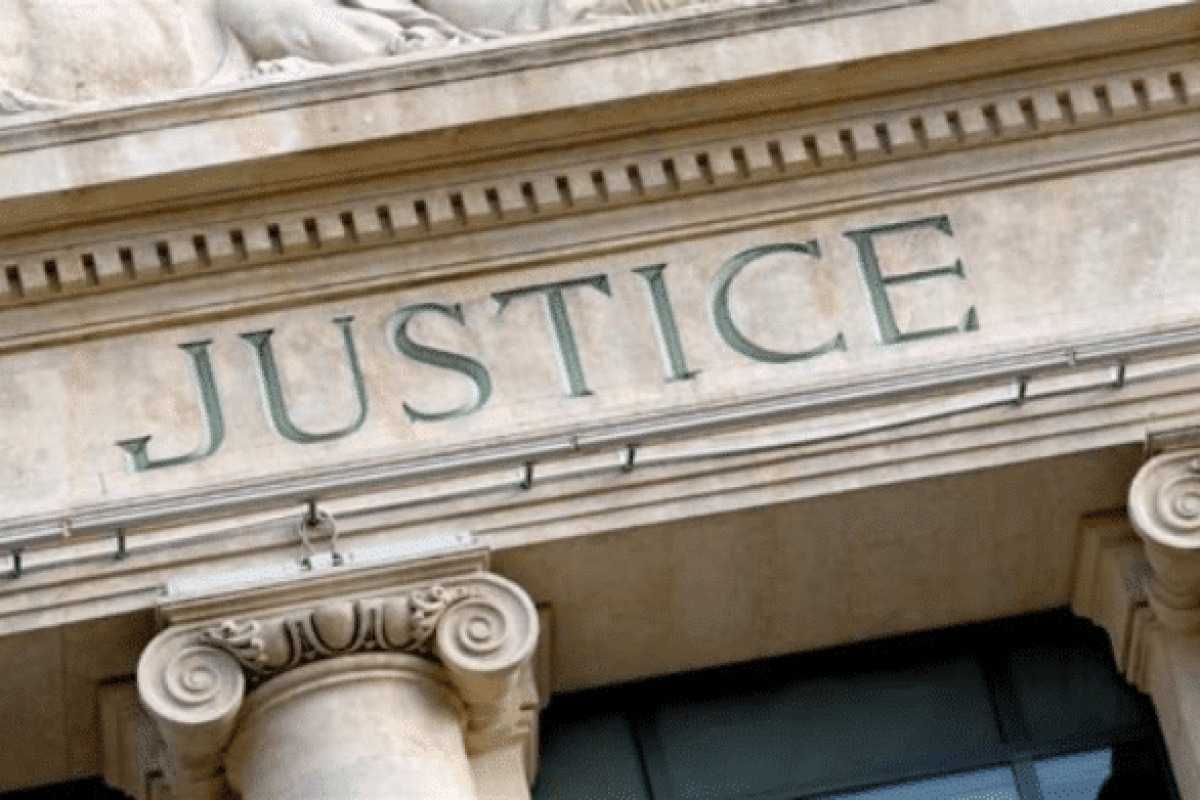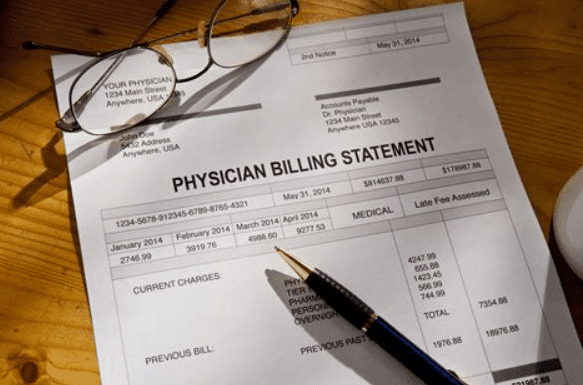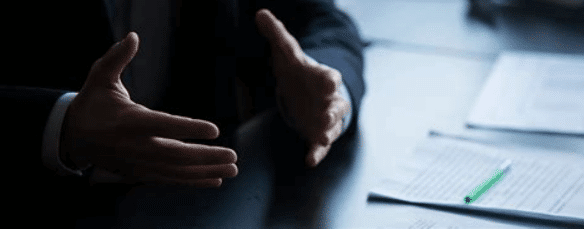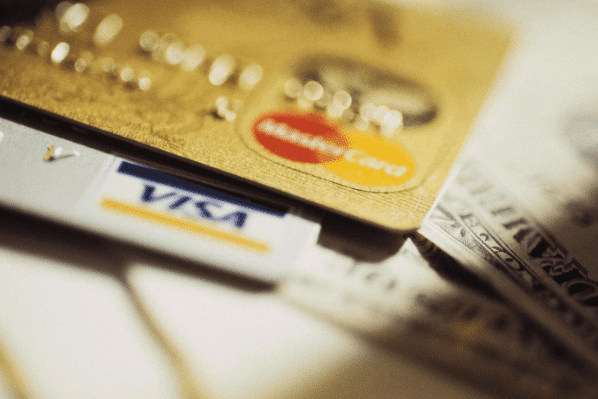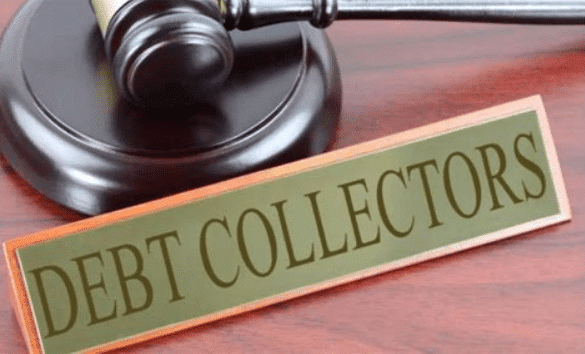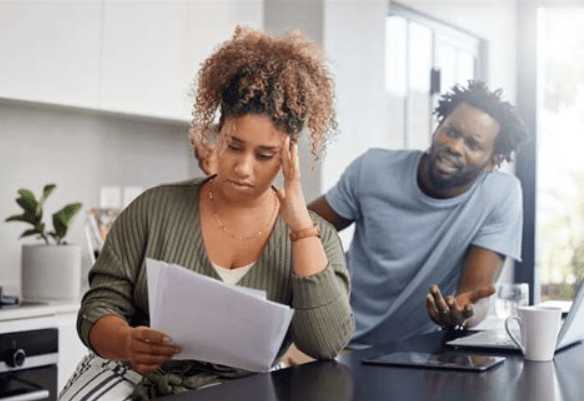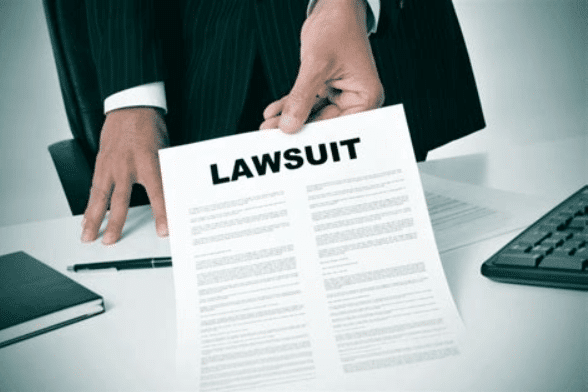If you’re receiving calls from Covington Credit and would like them to cease, we’re here to assist you in resolving the situation in a positive manner.
We understand that dealing with debt collection can be challenging, and it’s certainly not a pleasant experience. No one should have to endure threats, late-night calls, or intimidating statements.
Here are some constructive steps you can take:
- Send a debt validation letter: This is a formal request for Covington Credit to provide documentation validating the debt they claim you owe. It’s an important first step in understanding and addressing the situation.
- Consider legal action for an FDCPA violation: The Fair Debt Collection Practices Act (FDCPA) provides protection against unfair debt collection practices. If you believe Covington Credit has violated this law, you may have grounds for legal recourse.
- File a complaint with the Consumer Financial Protection Bureau (CFPB): The CFPB exists to protect consumers in the financial marketplace. By filing a complaint with them, you’re bringing attention to the issues you’ve encountered with Covington Credit, which can lead to a resolution and potentially prevent similar situations for others.
Remember, you have rights and options when dealing with debt collection agencies like Covington Credit. Taking proactive steps can help alleviate the stress and ensure a fair resolution to the situation. If you need further guidance or support, don’t hesitate to reach out. We’re here to help.
Send a Debt Validation Letter to Covington Credit
Crafting a Debt Validation Letter to Covington Credit can empower you in addressing your concerns. Under the Fair Debt Collection Practices Act (FDCPA), you have the right to request validation of a debt, putting the burden of proof on Covington Credit to demonstrate your liability.
Here’s a straightforward guide to help you:
- Compose a letter to Covington Credit: Clearly state your request for validation of the debt. Include your name, address, and any relevant account numbers to ensure accurate identification.
- Assert your rights under the FDCPA: Emphasize that you are exercising your rights as a consumer under the FDCPA to request validation of the debt. This communicates your understanding of your legal protections.
- Request cessation of communication: Inform Covington Credit that, per the FDCPA, they must cease all communication with you until they have provided sufficient validation of the debt. This ensures that you’re not subjected to further contact while the validation process is underway.
- Dispatch the letter: Send the letter to Covington Credit via certified mail with a return receipt requested. Retain a copy of the letter and the mailing receipt for your records. This helps ensure that you have documentation of your communication and proof of delivery.
By following these steps, you’re exercising your rights as a consumer and taking proactive measures to address the situation with Covington Credit. Should you require further assistance or encounter any challenges, don’t hesitate to seek guidance. We’re here to support you every step of the way.
You can use one of these sample debt validation letters approved by the CFPB. Each of these letters have a slightly different message to the collector.
- I need more information
- I do not owe the debt
- I want the debt collector to stop contacting me while I dispute the debt
- I want the debt collector to only contact me through my lawyer
- I want to specify how the debt collector can contact me
Choose one of these free templates, download it, edit it with Word or another word processor, and send it out.
For more details, here is the section of the FDCPA that supports the use of debt validation letters.
§ 809. Validation of debts
(a) Notice of debt; contents
Within five days after the initial communication with a consumer in connection with the collection of any debt, a debt collector shall, unless the following information is contained in the initial communication or the consumer has paid the debt, send the consumer a written notice containing —
(1) the amount of the debt;
(2) the name of the creditor to whom the debt is owed;
(3) a statement that unless the consumer, within thirty days after receipt of the notice, disputes the validity of the debt, or any portion thereof, the debt will be assumed to be valid by the debt collector;
(4) a statement that if the consumer notifies the debt collector in writing within the thirty-day period that the debt, or any portion thereof, is disputed, the debt collector will obtain verification of the debt or a copy of a judgment against the consumer and a copy of such verification or judgment will be mailed to the consumer by the debt collector; and
(5) a statement that, upon the consumer’s written request within the thirty-day period, the debt collector will provide the consumer with the name and address of the original creditor, if different from the current creditor.
(b) Disputed debts
If the consumer notifies the debt collector in writing within the thirty-day period described in subsection (a) of this section that the debt, or any portion thereof, is disputed, or that the consumer requests the name and address of the original creditor, the debt collector shall cease collection of the debt, or any disputed portion thereof, until the debt collector obtains verification of the debt or a copy of a judgment, or the name and address of the original creditor, and a copy of such verification or judgment, or name and address of the original creditor, is mailed to the consumer by the debt collector. Collection activities and communications that do not otherwise violate this subchapter may continue during the 30-day period referred to in subsection (a) unless the consumer has notified the debt collector in writing that the debt, or any portion of the debt, is disputed or that the consumer requests the name and address of the original creditor. Any collection activities and communication during the 30-day period may not overshadow or be inconsistent with the disclosure of the consumer’s right to dispute the debt or request the name and address of the original creditor.
(c) Admission of liability
The failure of a consumer to dispute the validity of a debt under this section may not be construed by any court as an admission of liability by the consumer.
(d) Legal pleadings
A communication in the form of a formal pleading in a civil action shall not be treated as an initial communication for purposes of subsection (a).
Sue Covington Credit for FDCPA violations.
If Covington Credit violates the FDCPA you can sue them for $1000. Isn’t that cool? Instead of you paying them money, now they’re paying you money.
Starting an FDCPA lawsuit isn’t a super standardized process. That means you need to find an attorney. We can connect you to an attorney that specializes in this. Just email us here .
To find a court in your state and to look into their rules on FDCPA lawsuits use this link.
File an FDCPA Complaint against Covington Credit with the CFPB.
If Covington Credit is acting shady, you can file a complaint against them with the CFPB.
The CFPB is a government agency that protects consumers against “unfair, deceptive, or abusive practices and take action against companies that break the law.” The CFPB deals with thousands of debt collection complaints a month. They are in your corner, so use them.
File a complaint with the CFPB against Covington Credit here.
They usually hear back from companies in about 15 days, and 97% of consumers hear back in a timely manner.
Common FDCPA Violations Covington Credit May Commit
Wondering if Covington Credit broke some laws under the FDCPA? Here’s the breakdown of violations Covington Credit may commit.
Debt collectors must do these things
First, here’s the shortlist of things that debt collectors MUST do when they contact you:
- Tell you they are attempting to collect a debt
- Tell you that any information you tell them will be used for the purpose of collecting your debt; and
- Tell you their name, as well as the name of the agency they work for
Now let’s look at the don’ts. This list is a little more intensive than the last. There are rules, exceptions, and exceptions to those exceptions, so buckle up.
Collectors must not do these things
A list of things that debt collectors MUST NOT do when they try to collect your debt:
- Contact you at an unusual or inconvenient time or place, generally before 8:00AM or after 9:00PM without your permission.
- Call you at work if they know that your boss does not allow debt collection calls at work.
- Contact third-parties about your debt. In other words, they cannot call someone other than you about your debt.
- Threaten to use violence, or to harm you or another person’s reputation
- Use obscene, profane, or abusive language
- Publish your name as someone who doesn’t pay bills
- List your debt for sale to the public
- Call repeatedly
- Claim to be a law enforcement agency
- Lie about the amount you owe
- Claim to be an attorney
- Threaten to do things that they don’t actually intend to do
- Use a fake business name
- Add fees and interest that weren’t allowed by the original agreement
In regards to not contacting third parties about your debt, there are some exceptions, and this is where the fun begins. Debt collectors can contact:
- Your attorney, if you have one. In fact, they must contact your attorney if they know you have one.
- A credit reporting agency
- The original creditor
- And unless you’ve asked them to stop contacting you, they may contact co-debtors, your parents (if you’re a minor), and your spouse
However, if they are trying to find you, they actually can contact third-parties, but they can’t
- Tell someone who their employer is, unless asked
- Say that you owe a debt; or
- Contact the third-party more than once, unless they are asked to do so by the person, or they think the person gave them incorrect information when the person had the correct information
Finally, they cannot send postcards or other insecure means of communication. The purpose of this rule is to make it so that someone who simply sees your mail won’t know about your debt.
If Covington Credit breaks any of these rules you sue them or file a complaint against them.
About Covington Credit
Unsurprisingly, Covington Credit has 1 star on the BBB. And it’s had 94 complaints logged against in the last 3 years. It’s a debt collection company headquartered in Georgia with branches in Alabama, Oklahoma, South Carolina, Tennessee, and Texas. It started back in 1994 and has hundreds of employees. The CEO is Robert F. Bloom.
In short, it is a debt buyer. It buys debts for pennies on the dollar and then pursues them.
Phone Numbers for Covington Credit
Here are some phone numbers Covington Credit is known to call from.
- 1-866-413-1836
- 1-404-297-0282
- 1-706-660-8869
- 1-770-787-5320
- 1-706-884-4540
- 1-731-599-0180
Most of the time, however, it will probably show up as “Private Number” or “No Caller ID”.
How to respond to a debt collection lawsuit from Covington Credit.
If you’re actually being sued for a debt by Covington Credit, we have an article about what to do on this website.
Most of this article is about what to do if you are simply getting calls from Covington Credit. Actually getting sued by them is much worse. Depending on your state, you only have 20-30 days to respond before you automatically lose your case.
The Verdict
So, in short, here’s the review on how to stop calls from Covington Credit.
- Send a debt validation letter, requiring them to prove you owe the debt
- Sue them for violating the FDCPA; you could get $1000!
- File a complaint against them with the CFPB; it’s speedy.
What is ZumaZip?
ZumaZip is a convenient solution designed to streamline your response to a debt collection lawsuit. Here’s a breakdown of what you can expect when you use ZumaZip:
Firstly, you’ll access our user-friendly web application, which guides you through the process step by step. You’ll be prompted to answer a series of questions related to your specific situation. Once you’ve completed the questionnaire, you have the option to either print out the finalized forms and mail them to the appropriate courts yourself, or you can opt to utilize ZumaZip’s services to file them on your behalf. Additionally, if you choose this option, an attorney will review your document for added peace of mind.
If you’re seeking guidance on how to effectively respond to a debt collection lawsuit, ZumaZip can provide the assistance you need. Feel free to explore our FAQs for more information on what ZumaZip has to offer.
What if I haven’t been sued yet?
If you’ve only received a collections notice, but not a lawsuit, the best way to respond is with a Debt Validation Letter. When a debt collector contacts you in any way, whether it’s by phone or mail, you can respond by formally requesting a debt validation with a Debt Validation Letter . This letter notifies the collector that you dispute the debt and forces them to provide proof you owe the debt. They can’t call you or continue collecting until they provide validation of the debt. This flowchart shows how you can use a Debt Validation Letter to win.
Get started with a Debt Validation Letter here.
How to Answer a Summons for debt collection in all 50 states
Here’s a list of guides on how to respond to a debt collection lawsuit in each state:
- Alabama
- Alaska
- Arizona
- Arkansas
- California
- Colorado
- Connecticut
- Delaware
- Florida
- Georgia
- Hawaii
- Idaho
- Illinois
- Indiana
- Iowa
- Kansas
- Kentucky
- Louisiana
- Maine
- Maryland
- Massachusetts
- Michigan
- Minnesota
- Mississippi
- Missouri
- Montana
- Nebraska
- Nevada
- New Hampshire
- New Jersey
- New Mexico
- New York
- North Carolina
- North Dakota
- Ohio
- Oklahoma
- Oregon
- Pennsylvania
- Rhode Island
- South Carolina
- South Dakota
- Tennessee
- Texas
- Utah
- Vermont; Vermont (Small Claims court)
- Virginia
- Washington
- West Virginia
- Wisconsin
- Wyoming
Guides on how to beat every debt collector
Hey there! Facing off against a debt collector can feel like a daunting challenge, but fear not! We’re here to help you navigate through it all with our handy guides designed to assist you in beating every debt collector you encounter. Whether you’re facing a new lawsuit or dealing with a persistent collector, we’ve got your back. Stay positive, stay informed, and let’s tackle this together!
- Absolute Resolutions Investments LLC
- Accredited Collection Services
- Alliance One
- Amcol Clmbia
- American Recovery Service
- Asset Acceptance LLC
- Asset Recovery Solutions
- Associated Credit Services
- Autovest LLC
- Cach LLC
- Cavalry SPV I LLC
- Cerastes LLC
- Colinfobur
- Covington Credit
- Crown Asset Management
- CTC Debt Collector
- Cypress Financial Recoveries
- Delanor Kemper & Associates
- Eagle Loan of Ohio
- Educap
- Estate Information Services
- FIA Card Services
- Forster & Garbus
- Freshview Solutions
- Fulton Friedman & Gullace LLP
- Harvest Credit Management
- Howard Lee Schiff
- Hudson & Keyse LLC
- Integras Capital Recovery LLC
- Javitch Block
- Jefferson Capital Systems LLC
- LVNV Funding
- Mannbracken
- Mariner Finance
- Medicredit
- Michael J Adams PC
- Michael J Scott
- Midland Funding LLC
- Mullooly, Jeffrey, Rooney & Flynn
- Mountain Land Collections
- MRS Associates
- National Collegiate Trust
- Nationstar Foreclosure
- Northstar Capital Acquisition
- NCEP LLC
- NRC Collection Agency
- OneMain Financial
- Palisades Collection LLC
- Pallida LLC
- Paragon Revenue Group
- Pinnacle Collections Agency
- PMAB LLC
- Portfolio Recovery Associates
- Provest Law
- PYOD LLC
- Reunion Student Loan Finance Corporation
- Revenue Group
- Regents and Associates
- RSIEH
- Salander Enterprises LLC
- Second Round Sub LLC
- Security Credit Services
- Sherman Financial Group
- Suttell and Hammer
- T-Mobile
- Transworld Systems
- Tulsa Teachers Credit Union
- UCB Collection
- Velo Law Office
- Velocity Investments
- Waypoint Resource Group
- Weinberg and Associates
- Wolpoff & Abramson
Settle your medical debt
Having a health challenge is stressful, but dealing medical debt on top of it is overwhelming. Here are some resources on how to manage medical debt.
- Am I Responsible for My Spouse’s Medical Debt?
- Do I Need a Lawyer for Medical Bills?
- Do I Need a Lawyer to Fight Medical Bill Debt?
- Does Bankruptcy Clear Medical Debt?
- How Much Do Collection Agencies Pay for Medical Debt?
- How to Find Medical Debt Forgiveness Programs
- Is There a Statute of Limitations on Medical Bills?
- Medical Debt Statute of Limitations by State
- Summoned to Court for Medical Bills — What Do I Do?
- Summoned to Court for Medical Bills? What to Do Next
Stop calls from Debt Collectors
Do you keep getting calls from an unknown number, only to realize that it’s a debt collector on the other line? If you’ve been called by any of the following numbers, chances are you have collectors coming after you, and we’ll tell you how to stop them.

